No matter how much you plan ahead, practice and prepare, sometimes things just won’t go according to expectation & plan. I have often witnessed dancers seeing their ‘disappointments’ as evidence that they are not good enough.
Some of the most stressful incidents in life and dance are those that are unexpected and uncontrollable. We have no control over the judges, start numbers, the results or another competitor’s performance. However, we can control our reactions. The way you handle a setback or disappointment today affects your level of confidence and resiliency in future competitions.
Here are a few tips I recommend to be able to overcome disappointments and build resilience:
-
Take time to reflect. It’s ok to be upset after a disappointment, but the quicker you can process it, the quicker you can get back to work.
-
Never allow a loss to define you or how you feel about yourself.
-
Look for the lesson—you should review the event and determine what you need to do to improve for future competitions.
-
Keep your expectations realistic and allow for change & the unexpected.
If you are genuinely interested in growing and improving as a competitor and performer, regardless of the outcome, try looking inward instead of outward. We have all been guilty of shifting blame onto external factors, typically when things don’t go our way. As we cannot control chance, in order to protect our mental health and wellbeing, focus solely and quite simply on ourselves. There is always room to improve and the more time and energy you spend looking outwards is time away from achieving your true potential.
After introspection, take action. You must commit to action. What will you do to perform better next time?
If you can begin to see your setbacks and times of adversity differently, in a more positive light and productive way, these times can teach you more significant lessons than any of your successes.
Try these journalling prompts:
- What happened? Write about your performance day
- What did I do well? acknowledge your efforts and all you did well.
- Where can I improve? Listen and ask for feedback. Watch yourself back if you can.
- What action will I take going forward? This is important, because remember “If nothing changes, then nothing changes.”
– Chloey ♥️

